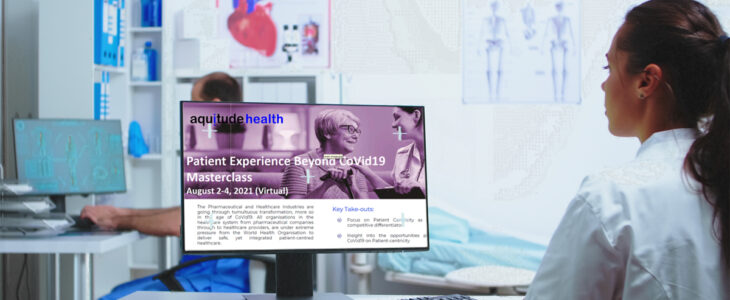
CoVid19 was, at first appearances, a challenge and bringer of negative consequences for healthcare providers. Images of hospitals buckling under unbearable stress were the hallmark of the pandemic. However, whilst the challenges have been big, so are the opportunities. No single event would have impacted patients and their attitudes to healthcare as CoVid19.
A recent Harris Poll survey revealed that as patients used telehealth for the first time, the majority (65%) plan to continue to use in the future. In fact, 35% of the general public would consider replacing primary care doctors for qualified doctors on-demand via telehealth. Moreover, Telehealth services could replace one third of primary health visits. This attitudinal shift is led by Gen Z and Generation X patients, which represent the largest population group in most countries.
Nearly half of all respondents say that telehealth appointments are good for:
- “Asking medical questions” (53%),
- “Reviewing lab test results” (48%) or
- “Getting a sign-off for prescription refills” (46%),
The future is hybrid, as only (34%) say they use telehealth if they are actually sick; and (15%) when their child is sick.
Interestingly, the option of human interaction is important as (76%) say they would miss in-person visits if their primary care physician moved mostly to telehealth. Patients expect a hybrid approach to start: (42%) say they prefer to use ‘a mix of both telehealth and in-person’ to start.
Prepare yourself for the Post-CoVid19 opportunities – join the AquitudeHealth online training: Patient Experience Beyond CoVid19 Masterclass, August 2-4, 2021 (Virtual). (Download the PDF brochure)
What are the implications of this pandemic disruption for hospitals?
Patients want Options
They want to call the shots – to have the ability of using telehealth or visiting their doctor in person. By implication, healthcare providers need to make these options available as part of their patient management protocols – e.g. from a process perspective the hospital needs to offer the choice of booking an online appointment for a virtual or in-person consultation.
Systems need to be aligned.
Patient records and patient management systems need to be integrated with booking engines to ensure the right records are made available when doctors are on the telehealth session. This requires fool-proof data-management systems. There is no point in having to open 50 different records in order to identify the patient and their relevant records. This also needs to consider legacy systems – a doctor will require access to historical data, so having backdated records will also be critical
Flexibility will be critical to Patient Experience
If patients want a hybrid future when it comes to their experience with their healthcare provider, the implication is that they will also want to be able to make changes to the process real-time. For example, converting a virtual session to an in-person consultation if their condition worsens. As such, not only do the systems have to have that capability, clinicians and their teams will need to foster a mindset of attitudinal pliability, able to shift from one mode to another. From preparing the consultation room, managing turnover of patient appointments, the logistics of in-person visits are numerous.
Prepare yourself for the Post-CoVid19 opportunities – join the AquitudeHealth online training: Patient Experience Beyond CoVid19 Masterclass, August 2-4, 2021 (Virtual). (Download the PDF brochure)